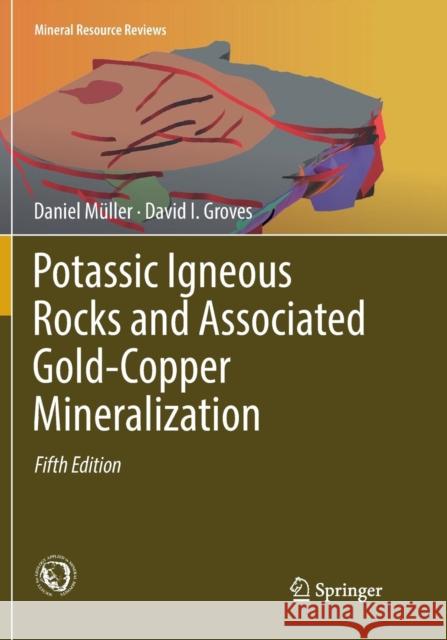Potassic Igneous Rocks and Associated Gold-Copper Mineralization » książka
topmenu
Potassic Igneous Rocks and Associated Gold-Copper Mineralization
ISBN-13: 9783030065614 / Angielski / Miękka / 2019 / 398 str.
Kategorie:
Kategorie BISAC:
Wydawca:
Springer
Seria wydawnicza:
Język:
Angielski
ISBN-13:
9783030065614
Rok wydania:
2019
Wydanie:
Softcover Repri
Numer serii:
000778182
Ilość stron:
398
Waga:
0.75 kg
Wymiary:
25.4 x 17.78 x 2.26
Oprawa:
Miękka
Wolumenów:
01
Dodatkowe informacje:
Wydanie ilustrowane











